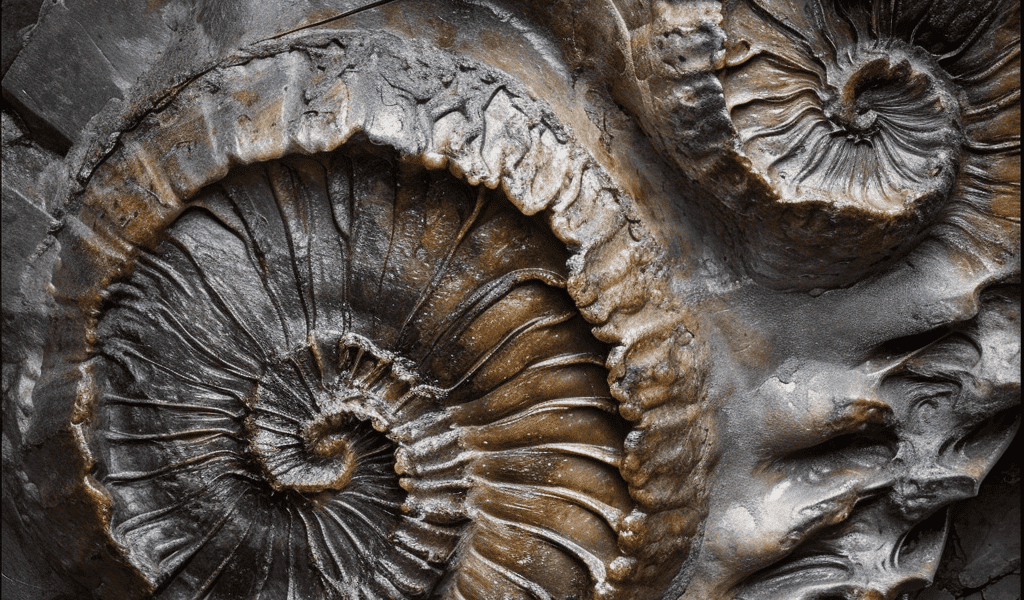Some of the oldest fossils of ‘complex life’ in the world have been discovered in a quarry in Wales, marking a significant scientific breakthrough. This finding is the first time such fossils have been precisely dated by scientists, shedding light on a crucial period in Earth’s history.
The fossils were unearthed in Coed Cochion Quarry in Carmarthenshire, a site of special scientific interest. The research, led by a team at Curtin University in Perth, Australia, has been instrumental in uncovering these ancient life forms.
PhD student Anthony Clarke, the lead author of the paper from the Timescales of Mineral Systems Group, explained that volcanic ash layers were utilized to determine the fossils’ age. The team’s analysis accurately dated the fossils to 565 million years, with a precision of 0.1 per cent.
Clarke emphasized the significance of the discovery, stating, ‘Dating the fossils identifies them as being part of an ancient living community that developed as Earth thawed out from a global ice age. These creatures would in some ways resemble modern-day marine species such as jellyfish, yet in other ways be bizarre and unfamiliar.’
Similar fossils have been found in various locations worldwide, including Australia, further corroborating the significance of this discovery. The findings offer valuable insights into the evolution of life on Earth and the environmental changes that occurred during this ancient period.





